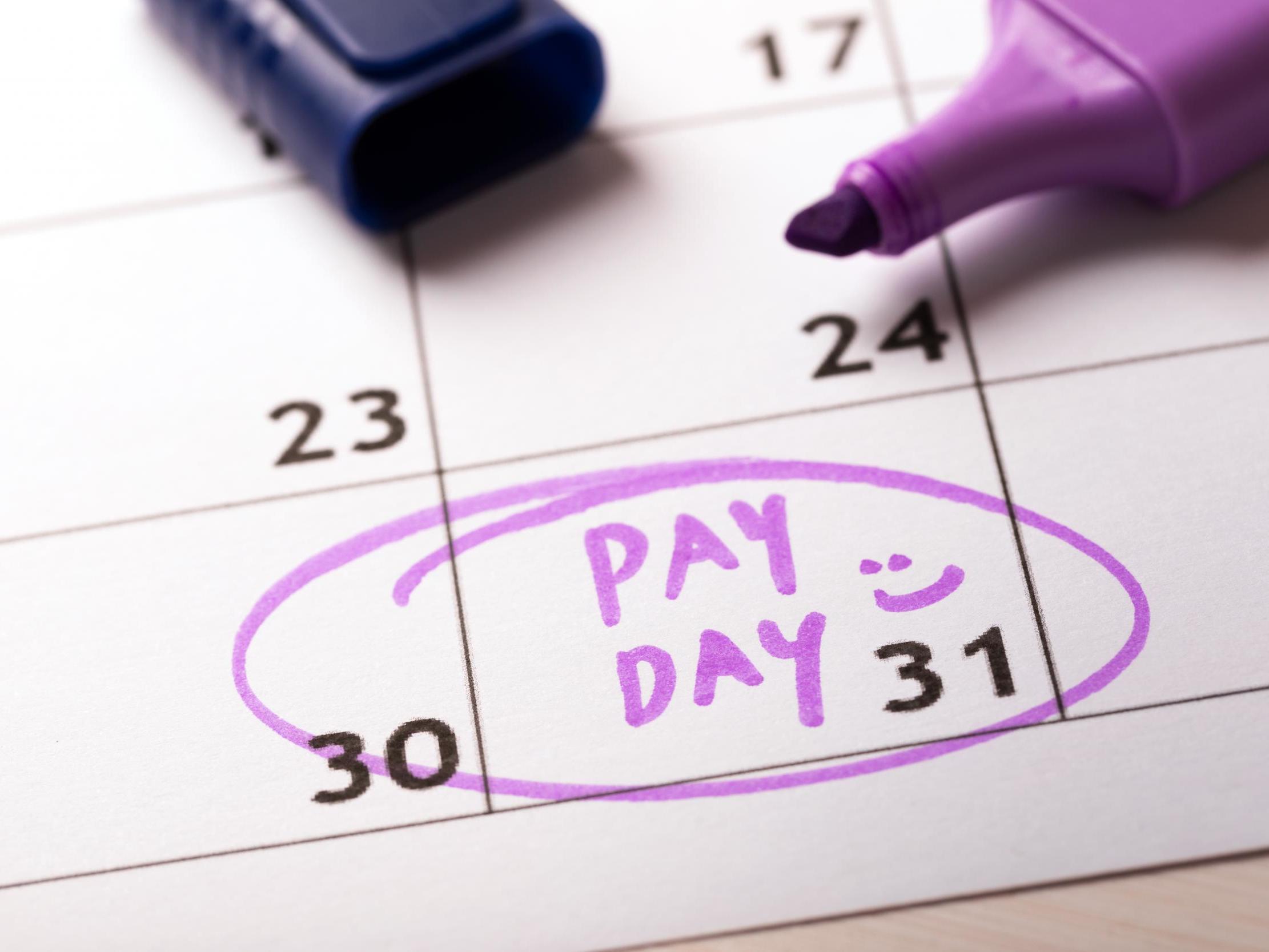What are the stealth taxes hitting your pocket next week?
No matter what chaos is going on elsewhere, some things in life just keep on coming. Like the end of the tax year

We know that, when it comes to money, spring marks the time to start hurling as much cash as possible at this year’s ISA and double check for demanding emails from HMRC.
This year though, with half of us fearing tax rises, the unrelenting countdown to 6 April seems louder than ever.
“Happy new tax year! It’s time to celebrate by cracking open those shiny new thresholds and getting stuck into your fresh allowances,” says Sarah Coles, personal finance analyst for Hargreaves Lansdown.
“Of course, if you’re really going to enjoy the new tax year, it’s best to focus on the changes, and try to overlook the frozen thresholds and ancient allowances that can kill even the most festive new-tax-year party mood.
“Each year, when these things don’t rise with inflation, wage increases mean we’re forced to pay more tax by stealth. It’s why we should do everything we can to avoid paying more tax than we need to.”
But with all these changes announced at different times, it’s easy to lose track of what kicks in when.
Here’s what you need to know about the slew of changes, freezes and stealth tinkering set to hit us in the pocket in the 2019-20 tax year.
Income
If you’re in England, and earning less than £100,000 a year, your next payslip will feel a little healthier thanks to an increase in the income tax personal allowance, which will rise from £11,850 to £12,500.
The higher rate threshold rises from £46,350 to £50,000 too. The government expects around 32 million people to benefit from the moves.
At the same time, though national insurance rates will stay the same, the thresholds at which it kicks in will increase, adding up more than £200 a year to the take-home pay of lower-income workers.
Those on benefits will also see the universal credit work allowance – the amount you can earn before benefits start to taper – increase by £1,000 a year.
Disability benefits and premiums will also rise, as will widowed parents’ allowance, maternity allowance and pay, paternity pay, sick pay, pension credit and all carer elements and premiums.
Pensions
That said, an average of £30 a month will also come out from next week as the minimum contributions that have to be paid into the workplace pension will rise from 5 per cent to 8 per cent (with at least 3 per cent coming from your employer).
The new rules will mean the average employee pays £905 a year into a pension, but with contributions from the taxman and their employer the amount added to their pension is £1,810, according to calculations by Hargreaves Lansdown.
The change could boost the value of your pension pot at retirement by half – around an extra £55,000 for someone on average earnings.
“Although some savers will inevitably feel the pinch at this point, early indications suggest opt-outs are unlikely to surge to worrying levels,” says Tom Selby, senior analyst at AJ Bell.
“This should be helped along by the fact wages have been rising, meaning many people won’t see their nominal take-home pay fall.
“Anyone considering quitting their workplace pension should think long and hard about the long-term implications of that decision. With life expectancy at birth now at 79 for men and over 80 for women, we will all need to make our money stretch further in retirement.
“Turning down the free money on offer through workplace pensions is a bit like shooting yourself in the foot just before starting a marathon. While for those struggling to make ends meet it may be necessary, nobody should opt for what is effectively a voluntary pay-cut lightly.”
Elsewhere, if you’re already retired, the state pension will rise by 2.6 per cent, with the old basic state pension rising £3.25 to £129.20 a week, and the new state pension rising £4.25 to £168.60 a week.
So far, so good. Except that while plenty of thresholds and allowances have edged up, a whole lot more have been frozen in place again in 2019-20, leaving us worse off in many ways.
All other benefits are still frozen including universal credit, child benefit, bereavement support payments, housing benefit, employment and support allowance, income support and jobseekers’ allowance. The benefit cap also remains frozen.
The inheritance tax nil rate band remains at £325,000 – and all the gifting allowances are also stuck fast. Held at the same rates for the last decade and netting HMRC more than £5.2bn in 2017-18 alone, if the band had increased in line with inflation it would currently be more than £436,500.
Other frozen rates include the overall ISA limit, remaining at £20,000, though the junior ISA limit increases from 6 April to £4,368. The lifetime ISA allowance is still £4,000 a year, the Help to Buy limit remains at £1,200 for the first month and £200 a month thereafter.
And, as we keep one eye the stuttering property market for good or bad depending on our particular position on the housing ladder, the stamp duty threshold and bands are also frozen again this coming year while council tax is set to rise by almost 5 per cent.
Join our commenting forum
Join thought-provoking conversations, follow other Independent readers and see their replies
Comments
Bookmark popover
Removed from bookmarks